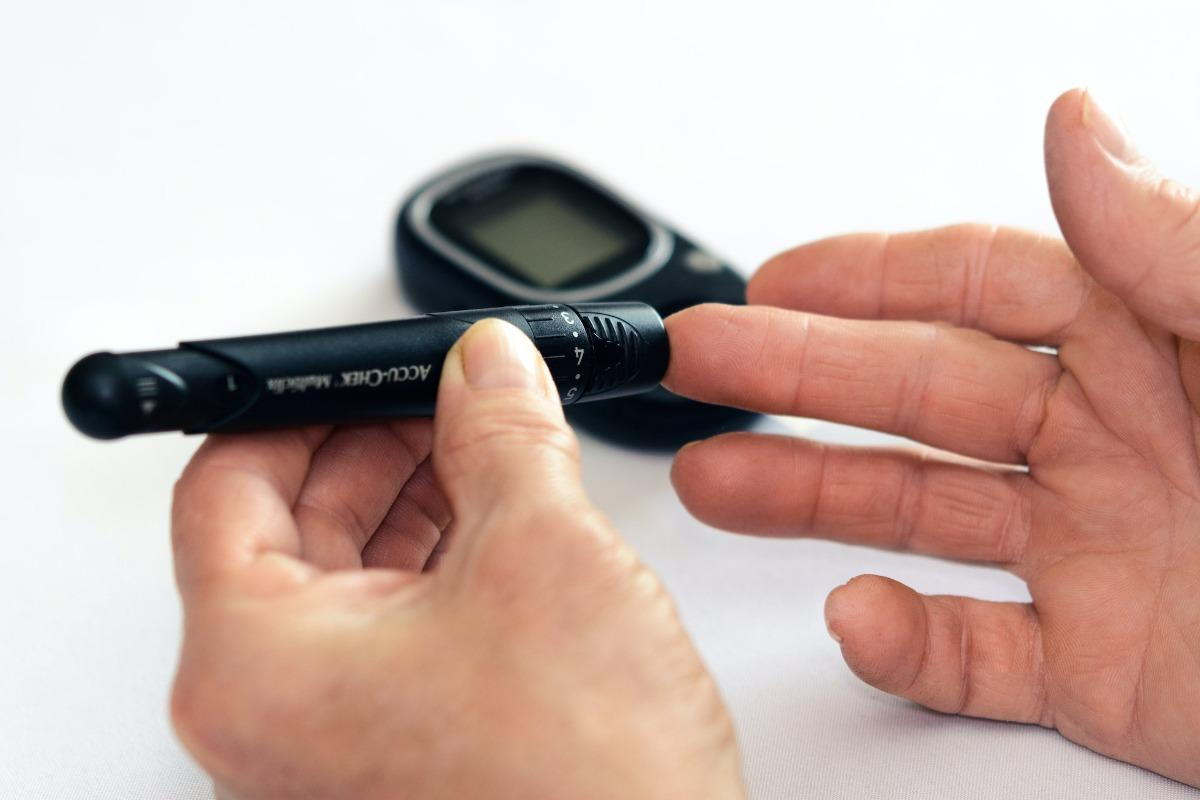Minimally Invasive Toe Surgery for Diabetics: A Game Changer in Foot Care
posted: Apr. 03, 2023.

Diabetes is a pervasive condition that affects millions of people worldwide. Among the numerous complications associated with diabetes, foot problems stand as one of the most common and debilitating concerns.
Specifically, people with diabetes are susceptible to developing ulcers, infections, and deformities in their feet due to peripheral neuropathy and poor circulation. In severe cases, these issues can lead to the need for amputation.
Fortunately, advancements in medical technology have introduced minimally invasive toe surgery as an effective solution for people with diabetes experiencing foot complications.
This article will explore the benefits and process of minimally invasive toe surgery for diabetics.
Minimally Invasive Toe Surgery: An Overview
Minimally invasive toe surgery is a revolutionary approach to treating various foot complications, including hammertoes, bunions, and bone spurs.
This technique allows surgeons to perform procedures with minimal trauma to the surrounding tissues, leading to reduced postoperative pain.
The primary goal of minimally invasive toe surgery is to correct deformities, alleviate pain, and prevent further complications while preserving as much of the patient's foot structure as possible.
Benefits for Diabetic Patients
Diabetic patients, in particular, can significantly benefit from minimally invasive toe surgery for several reasons:
Smaller Incision: Diabetics often experience delayed wound healing due to poor circulation and compromised immune systems. Minimally invasive surgery reduces the size of the incision, leading to a lower risk of postoperative infections.
Reduced Risk of Amputation: By addressing foot deformities and complications early, minimally invasive toe surgery can help prevent more severe issues that may necessitate amputation in the future.
Improved Quality of Life: Successful minimally invasive toe surgery can help diabetic patients regain mobility and improve their overall quality of life by reducing pain, inflammation, and the risk of further complications.
The Surgical Process
Minimally invasive toe surgery typically involves the following steps:
- Preoperative Assessment: Before the surgery, the podiatrist will conduct a thorough examination of the patient's medical history, current medications, and overall health. They will also physically inspect the foot, take X-rays, and discuss the surgical plan with the patient.
- Anesthesia: The procedure is performed under local anesthesia, numbing the surgical area without putting the patient under general anesthesia. This approach minimizes the risks associated with anesthesia in diabetic patients.
- The Procedure: The podiatrist corrects the deformity or removes using specialized instruments and small incisions. In the case of hammertoes, for example, the surgeon may release or realign tendons and ligaments or remove bone spurs. The specifics of the procedure will depend on the patient's unique needs and the complexity of their condition.
- Postoperative Care: Patients are typically allowed to go home the same day after the surgery. They may need to wear a surgical shoe or boot for several weeks to protect the foot while it heals. Also, pain management, wound care, and monitoring for any signs of infection are crucial during recovery.
Conclusion
Minimally invasive toe surgery offers diabetic patients a promising solution to the common foot complications associated with the condition.
By addressing deformities and other issues in a less traumatic manner, this approach minimizes recovery time and reduces the risk of further complications.
As with any surgical procedure, it is essential to consult a qualified podiatrist to determine if minimally invasive toe surgery is the right choice for your specific situation.